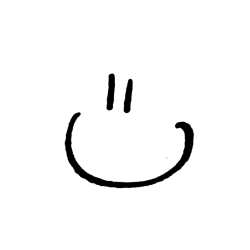Ok,
Not going to lie, I found this confusing from the get go
“Should we research our own institution?”
This statement feels so open and without clear oorientation, at least for me.
This begs a question regarding the privilege of knowledge.
Having recently formally joined the arts via Open School East’s Associate Artist program, my journey into alternative education and peer-to-peer learning. That I was a community taught Artist was unbeknownst to me at the time. I thought my seniors and contemporaries had knowledge I did not, after all, the far majority of them had creative degrees/backgrounds/connections.
I feel the same way about the minimum assumed understanding of a subject.
Sometimes we have to assume a certain base, especially in regard to structural concepts e.g. colour, form, grammar.
But when we ask questions we should be clear of their context.
In my context, of course, why would I not do the necessary background information before entering a space. What key information regarding structure and process, experiences and expectations, this is done through commonly available research methods (the internet) and informal conversations with those in the know.
So when the session progressed, it became clear there was a gap in understanding, the question referred to researching the theories, practices and polices of the institution we are in. Perhaps this was obvious, and perhaps this is an interested reflection in a comment I made to a colleague earlier “I don’t think we can or should spoon feed students, the effort required to bridge a knowledge gap is what makes it stick in the mind”. I would add that like the formation of muscle memory and the thickening of neural pathways, practice makes better.
As for the answer to the question, before the session I said YES, after the session, my response is 3. When forced to choose between A & B, always pick 3.
(For added clarity, the point is to be open and opaque, forcing the reader to find their own solution. This may be about making your own solution, reframing the situation, using different language, consider unknown unknowns…etc. Finally, whenever you can, do both, look inside, outside, top, underneath, light, shadow and then bring in a fresh pair of eyes)
